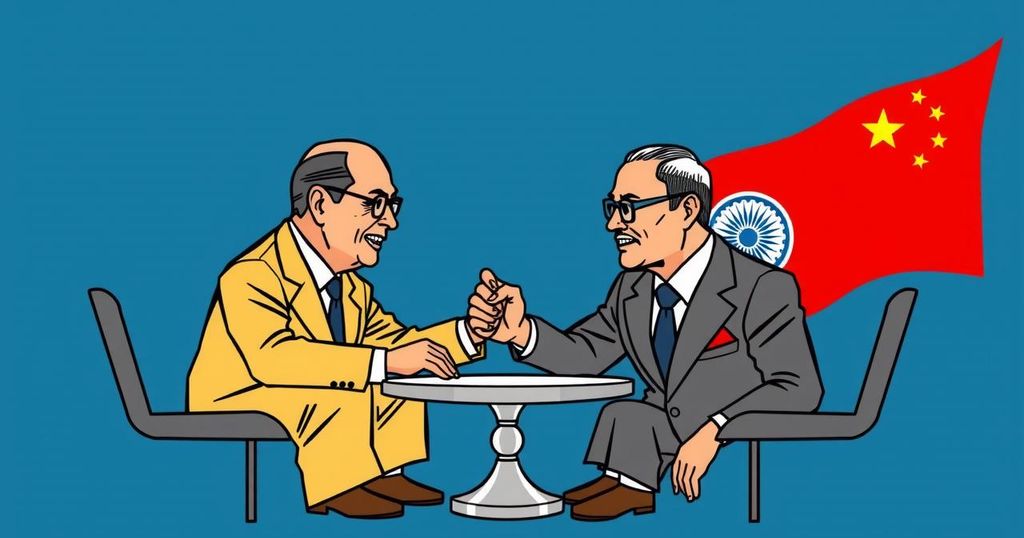Challenges Facing BRICS: Insights from Jim O’Neill on Economic Cooperation and Global Influence

Jim O’Neill, a former Goldman Sachs economist and the creator of the “BRIC” term, expressed doubt regarding the BRICS group’s ability to contest the US dollar’s dominance due to existing divisions between China and India. He criticized the limited achievements of BRICS since its formation and emphasized the necessity of cooperation between its major economies for significant progress. The recent BRICS summit, marked by Putin’s efforts to strengthen alliances against Western sanctions, revealed ongoing geopolitical dynamics, while O’Neill highlighted the urgent need for the bloc to tackle global issues definitively.
Jim O’Neill, the former Goldman Sachs chief economist who coined the term “BRIC,” expressed skepticism regarding the BRICS alliance’s potential to challenge the supremacy of the US dollar. In a recent interview with Reuters, O’Neill indicated that as long as China and India remain divided and fail to collaborate on trade issues, the prospect of BRICS emerging as a serious economic bloc is unrealistic. He remarked, “The idea that the BRICS can be some genuine global economic club, it’s obviously a bit out there with the fairies.” During the summit of BRICS leaders, Russian President Vladimir Putin sought to demonstrate that Western efforts to isolate Russia due to the Ukraine conflict have been unsuccessful, asserting that Russia is forging connections with rising Asian powers. O’Neill highlighted that BRICS has accomplished very little since its inception fifteen years ago and criticized its members for not pursuing substantive trade agreements. He stated, “If they wanted to be really serious about economic matters, why don’t they genuinely pursue less tariff-based trade between each other?” He expressed that serious cooperation between China and India is vital for any meaningful progress within the group. With BRICS now comprising around 45% of the global population and 35% of its economy, the bloc’s potential is heavily influenced by China, which accounts for a majority of its economic resources. Putin announced that over 30 states are interested in joining BRICS, yet O’Neill cautioned that further expansion would hinder effective cooperation. As Russia aims to create an alternative international payments system insulated from Western sanctions, O’Neill asserted the need for clear objectives within BRICS, pointing out challenges such as climate change and health crises that require international focus and collaboration.
The BRICS group, originally consisting of Brazil, Russia, India, and China, has evolved to include several additional nations as it seeks to enhance trade relationships and shift economic power dynamics. The term BRIC was introduced by Jim O’Neill in 2001 to underscore the potential of these emerging economies in redefining global governance. Despite the group’s significant share of the world’s population and economy, internal divisions, particularly between China and India, have stymied its effectiveness and ambition. The recent summit highlighted the ongoing geopolitical shifts and the attempts by Russia to build alliances among non-Western powers. Furthermore, the implications of BRICS on global economic issues like the dominance of the US dollar continue to be a point of debate among economists and political analysts.
In summary, Jim O’Neill’s remarks underscore significant skepticism about the BRICS alliance’s future viability in posing a credible challenge to the US dollar, primarily due to the lack of cooperation between key members China and India. The summit highlighted Russia’s attempts to foster relationships within the bloc amidst geopolitical tensions, but O’Neill’s critique suggests a need for the group to establish clear goals to address global challenges. Without a united front and strategic objectives, BRICS may struggle to assert itself as a legitimate force in the global economy.
Original Source: www.ndtv.com








